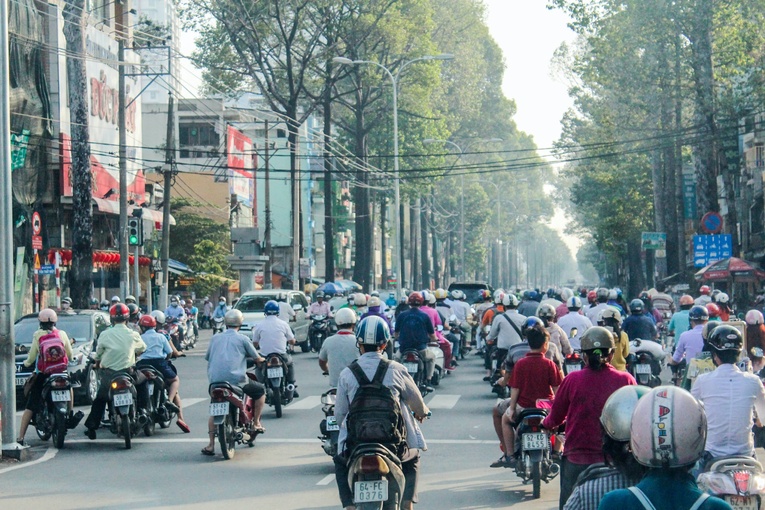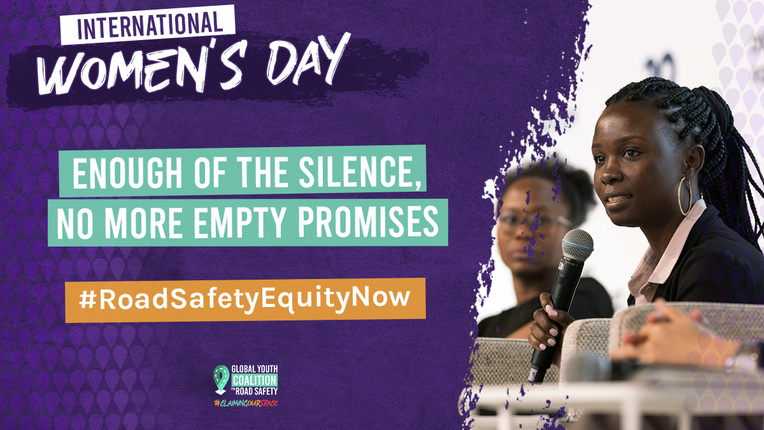
Enough of the silence, no more empty promises. Road Safety Equity Now!
Every year on the 8th of March, activists and human rights defenders across the world demand equal and just treatment of women and girls. They advocate for women’s liberation from all forms of oppression and discriminatory practices that subtly or explicitly limit their participation in daily life. A fierce and intense amount of energy and passion goes into the fight for women’s fundamental rights which include the right to safer mobility, education, health, work, and security.
We join the rest of the world in commemorating this year’s International Women’s Day. Today, we are reminded of the many girls and women whose lives and dreams have been failed and shattered by the world’s unsafe roads and discriminative mobility systems. They deserved and continue to deserve better.
We also celebrate the girls and women on the frontlines, the young advocates taking bold actions to create a more equal and just world. Today is not just another public holiday. No! It is an opportunity to extend our love and support to the women and girls in our lives and bolster our commitment to influencing policy change on safe, sustainable, and gender-responsive transport systems and urban planning.
Why Road Safety Equality?
According to UN Women, one of the leading hindrances to achieving global gender equality is the lack of equitable access to safe and secure mobility for women and girls.

For many years, researchers observed that the fear of being assaulted and the experience of being sexually harassed reduce women’s and girls’ freedom to move across spaces. This limits their access to essential services, jeopardizes their participation in public life, and even dampens their engagement in recreational activities.
According to FIA Foundation, the majority of women experience some sort of harassment when using public transport and this was found in both the developed and the developing world.
Despite accounting for the highest number of road users worldwide in many cities, especially in low- and middle-income countries, the voices of women and girls are not accounted for when it comes to the creation of road infrastructure and the availability of mobility options. This, in turn, limits their safe access to public spaces using sustainable modes of transport.

Additionally, vehicle safety technology has been tested on the typical male body while ignoring the specific needs of the female body. As we know, males and females are anatomically different so their bodies need different safety interventions. Because safety is designed for males, women are more likely to suffer injuries or death when involved in a road accident.
Women account for an annual death rate of 29% in the US, 24% in the EU, 25% in Africa, and an estimated 28% in Latin America and the Caribbean. We need to ensure that mobility and transport measures developed in response to the Decade of Action for Road Safety, safe Systems approach are gender-responsive. Efforts should be made to Identify and remove barriers to women’s and girls’ access to different transport modes. Women don’t have to walk long distances or use unsafe transport modes when health and education services are close.
The voices of women, especially when it comes to mobility needs, should be heard. Once this happens, there will be the possibility of a world with equal opportunities for women in different areas. They will be given roles in transportation systems and decision-making spaces that support and encourage their active participation.
Quick facts about Gender and Road Safety

Our Gender and Road Safety Police Brief
To address the different needs of women discussed, the Global Youth Coalition created a Policy Brief on SDG 5 titled “Gender Equality and Safe and Secure Mobility”.
The SDG 5 Policy Brief discusses the lack of gender-responsive planning and project implementation around mobility systems that prevent gender-based violence. The Brief highlights how and why the lack of road safety and safe mobility options is a gender issue that requires gender-responsive and transformative planning to protect and ensure equal access for all genders.
Through the Brief, we present the realities girls and women face while navigating through transport systems not built for them. We fall back on the data that shows how disproportionately affected women are, not just in access to mobility but in how they are protected and medically addressed if they are ever involved in a road crash.

A survey in the countries of Kenya, Nepal, Egypt, Brazil, and France showed that the rates of sexual harassment or violence experienced by women on public transport or in public spaces are up 54%, 71%, 83%, 99.6%, and 100%, respectively. With such large numbers, women’s challenges while using public transport and being in public spaces are limitless. To achieve gender equity, we need to address the disparities that lead to the high and increasing numbers of women either missing out on lifetime opportunities or suffering trauma from sexual harassment in areas where they are supposed to be kept safe and secure.
Based on these points and many more, embracing equity and giving equal opportunities to both men and women could be the answer we seek to empower a new generation of leaders. We call on world leaders to escalate action for road safety equity and gender-responsive mobility.
 Olufunke Elizabeth Afesojaye
Olufunke Elizabeth Afesojaye
Road Crashes and gender inequality are part of the biggest problems in Africa because they cause economic losses to individuals and families. These issues are preventable as they arise from human actions and inactions. There is a need for everyone to join hands and build a collaborative environment where everyone is involved in the process of developing strategies aimed at overcoming these challenges. There is a need for equal participation of both males and females in the African transport system so that the diversity of voices tends to support economic development.
 Valeria Bernal Castillo
Valeria Bernal Castillo
In October 2022, I was invited to represent the Youth Coalition at the 3rd Ibero-American Congress on Mobility and Security Road of El Salvador. During the minutes of the intervention, I spoke about the Policy Brief “Gender equality and safe mobility” which focused on SDG #5. This shows the different barriers that women suffer in transport, road safety, and public space. I also had the opportunity to talk about the impact that Local Actions generated in Bogotá, which encouraged active mobility and care through the different activities proposed. It was a very pleasant experience thanks to the work carried out by the Youth Coalition.
We invite young people, activists, and rights defenders across the globe to join us in this campaign calling out decision-makers to urgently prioritize fair finance and commitment to scaling up and mainstreaming meaningful participation of women and girls in the design, planning, and implementation of safe and sustainable mobility policies. Will you work with us to make these streets safer and livable again?
Are you wondering how to celebrate Women’s Day in your community?
Join our IWD #RoadSafetyEquityNow Campaign

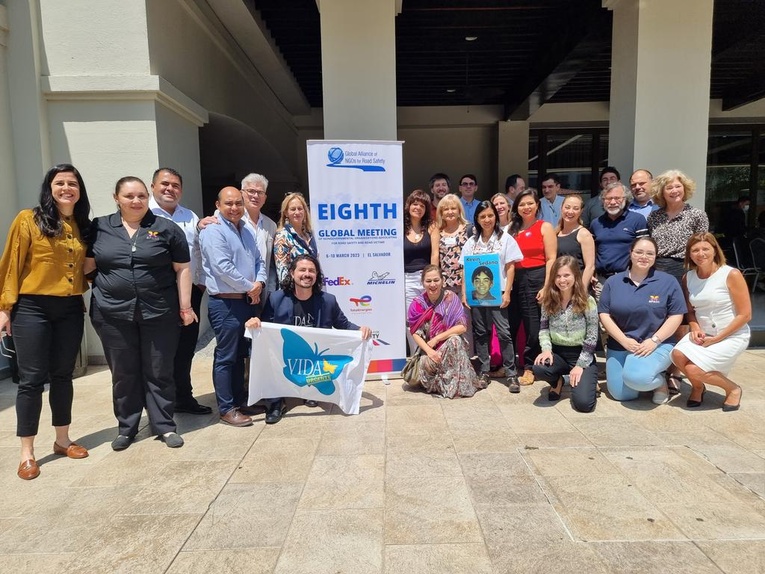

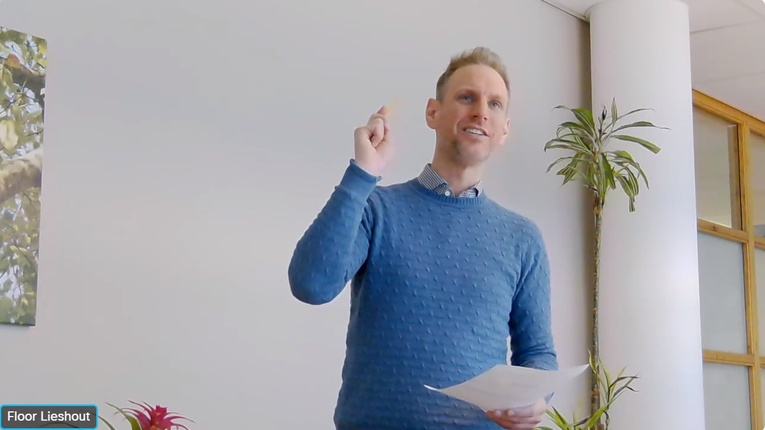




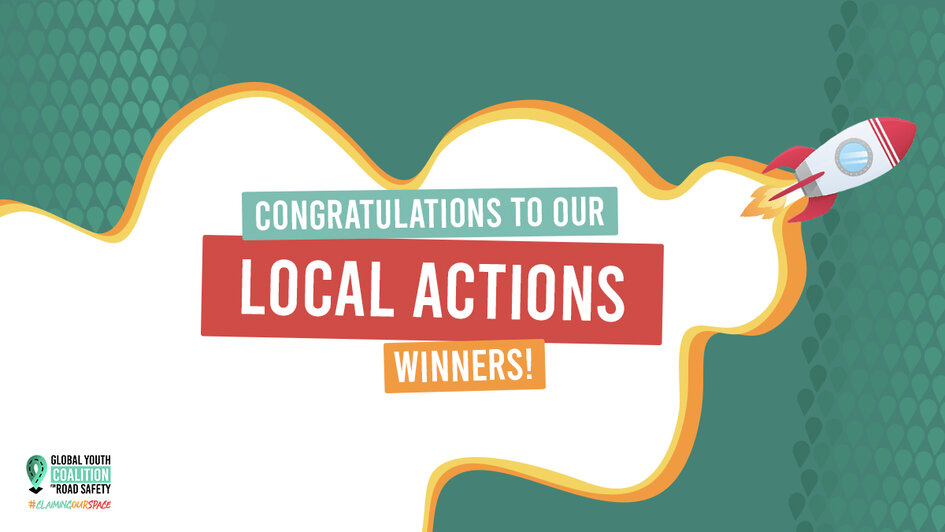
 Agita Pasarib, Indonesia
Agita Pasarib, Indonesia Adrián Marcelo Galindo Marcos, Mexico
Adrián Marcelo Galindo Marcos, Mexico Ana Magdalena Rodríguez Gómez, Mexico
Ana Magdalena Rodríguez Gómez, Mexico Chilekwa O’Brien, Zambia
Chilekwa O’Brien, Zambia Maryfely Rincón, Colombia
Maryfely Rincón, Colombia Dilshod Kholmatov, Tajikistan
Dilshod Kholmatov, Tajikistan Oliva Nalwadda, Uganda
Oliva Nalwadda, Uganda Edmond Atwine, Uganda
Edmond Atwine, Uganda Jacob Smith, United States of America
Jacob Smith, United States of America Alida Paola Becerra García, Mexico
Alida Paola Becerra García, Mexico Marwa Chacha Magoti, Tanzania
Marwa Chacha Magoti, Tanzania Sallam Alnawaiseh, Jordan
Sallam Alnawaiseh, Jordan Stephen Kome Fondzenyuy, Cameroon
Stephen Kome Fondzenyuy, Cameroon Valeria Belén Cerpa Salas, Peru
Valeria Belén Cerpa Salas, Peru Tevoh Ndingwan, Cameroon
Tevoh Ndingwan, Cameroon